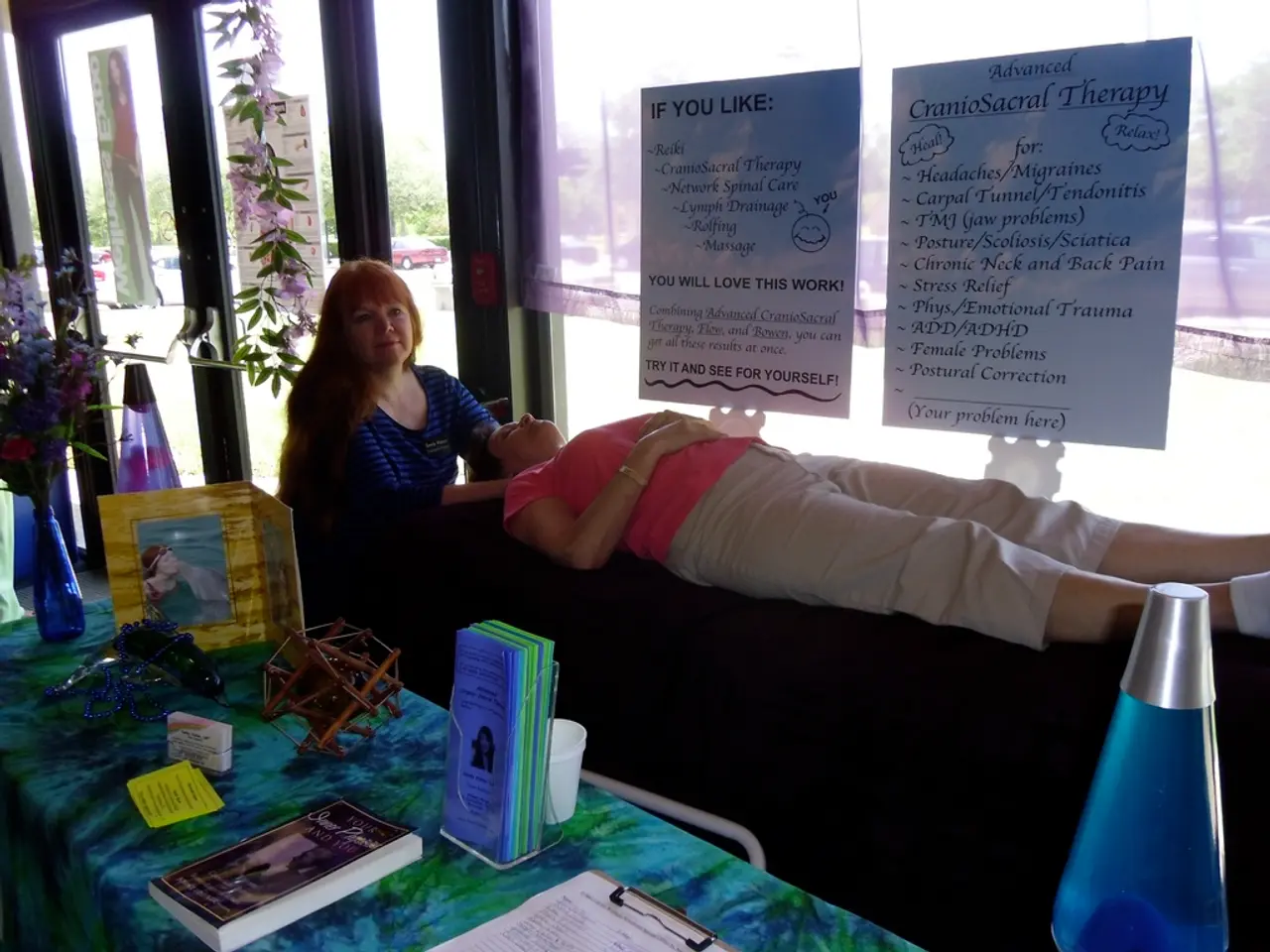Investigating the Complex Web of Post-Traumatic Stress
Post-traumatic stress disorder (PTSD) is an anxiety disorder that can arise from experiencing extremely stressful, frightening, or distressing events. While PTSD is relatively common, affecting approximately 6 out of every 100 individuals, some forms of PTSD, such as Complex PTSD (C-PTSD), can have more profound and long-lasting effects.
C-PTSD encompasses various types, including uncomplicated PTSD, complex PTSD, and comorbid PTSD. The long-term effects of C-PTSD include persistent difficulties with emotional regulation, negative self-concept, interpersonal problems, and ongoing hypervigilance. People with C-PTSD often experience intense emotions, shame, guilt, feelings of worthlessness, trouble trusting others, social withdrawal, and fragmented memories. These effects significantly impair their ability to build relationships, work, and live fulfilling lives.
The trauma underlying C-PTSD can leave lasting wounds in the mind, brain, and body, resulting in states like hypervigilance, irritability, and constant scanning for danger. This condition is associated with poorer overall functioning and a lower quality of life. It increases the risk for numerous mental and physical health problems and is linked to higher suicide rates, particularly in populations like veterans with PTSD. The risk of suicide and other severe outcomes tends to escalate with more distressing trauma history, poorer impulse control, and internalized anger.
Genetic predispositions and variations in neurotransmitter function may play a role in shaping an individual's response to traumatic experiences. Other risk factors for PTSD include exposure to traumatic events, lack of social support, extra stress after the event, and personal or family history of mental illness. Individual differences in brain response to stress and trauma can influence susceptibility to PTSD.
Treating PTSD involves a comprehensive approach that often combines psychotherapy and medication. For instance, Prazosin may be used to address nightmares and improve sleep quality in individuals with PTSD. EMDR is a specialized form of psychotherapy that helps individuals process distressing memories. Exposure therapy involves gradually and safely exposing individuals to the thoughts, feelings, and situations they have been avoiding. Cognitive therapy focuses on identifying and changing negative thought patterns associated with the traumatic event.
Supporting a friend or relative with PTSD is crucial. This involves educating oneself, encouraging professional help, being patient, listening actively, respecting boundaries, offering practical assistance, and understanding that recovery is a process that takes time.
While PTSD is categorized as an anxiety disorder, it is essential to remember that each individual's experience with PTSD is unique. Understanding the complexities of PTSD, particularly Complex PTSD, can help us better support those affected and work towards improving their quality of life.
References 1. National Center for PTSD 2. American Psychiatric Association 3. Mayo Clinic 4. National Institute of Mental Health
- Mindfulness techniques can be beneficial in managing symptoms of both PTSD and depression, assisting with emotional regulation and stress management.
- Cultivating a positive mindset and focusing on personal self-help can contribute to improved emotional well-being and resilience, particularly for individuals dealing with PTSD.
- The science of mental health continues to evolve, with ongoing research in health-and-wellness and mental-health fields revealing new approaches to PTSD treatment, such as Prazosin and EMDR.
- Engaging in exposure therapy, cognitive therapy, and other evidence-based practices can help individuals with PTSD recover and lead more fulfilling lives, overcoming interpersonal problems, negative self-concept, and ongoing hypervigilance.
- Evidence suggests that genetic predispositions and variations in neurotransmitter function may influence an individual's susceptibility to PTSD, but factors like exposure to traumatic events, lack of social support, and personal or family history of mental illness also play significant roles.
- When supporting a friend or relative with PTSD, it's important to seek knowledge from credible resources like the National Center for PTSD, American Psychiatric Association, Mayo Clinic, or National Institute of Mental Health, and to be patient, respect boundaries, and offer practical assistance during the recovery process.
- It's crucial to remember that each person's experience with PTSD is unique, and a comprehensive understanding of the complexities of conditions like Complex PTSD is essential to provide effective support and promote better emotional well-being and overall quality of life for those affected.




